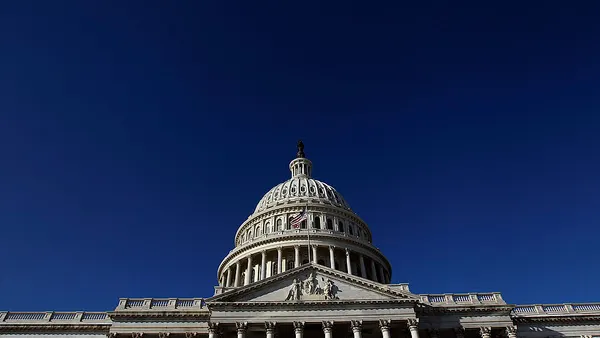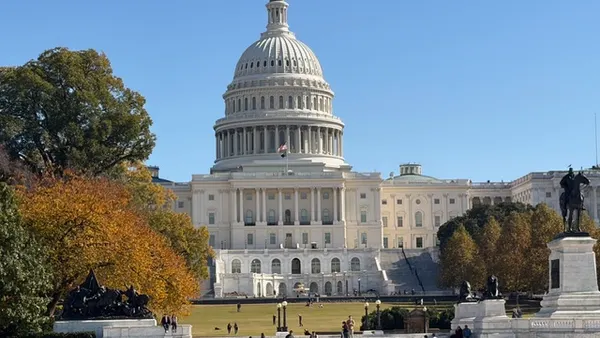Dive Brief:
- Improper reimbursement to Medicare Advantage plans by the federal government, mostly resulting from overbilling, totaled nearly $70 billion from 2008 through 2013, according to an analysis by The Center for Public Integrity. The situation was triggered by score errors under a system that began in 2004 when CMS started paying MA plans at higher rates for sicker patients, the center said.
- After reviewing federal enrollment data and audits, the center concluded that risk scores of MA members rose faster than the national average growth rate of 3% in at least 1,000 counties between 2007 and 2011, boosting taxpayer costs by more than $36 billion as compared to estimated care costs under traditional Medicare. (CMS pays plans on a county-by-county basis.)
- The center also found that in 200-plus counties, the cost of some MA plans was at least 25% greater than the cost of traditional Medicare coverage.
Dive Insight:
The Government Accountability Office quantified the situation in January 2013, reporting that CMS overpaid MA plans by $3.2 billion to $5.1 billion between 2010 and 2012 due to unjustifiably high risk scoring for plan members. Is the increase in risk scores due to MA plans' aggressive billing or a sicker patient population? Does it all boil down to the need to improve risk-score data reporting?
“Just comparing the payments, whether it’s income taxes or Medicare revenue – I don’t see how that shows overpayment,” Brian Weible, a principal and consulting actuary with Wakely Consulting Group, Inc., told Healthcare Dive. “MA plans may be paid more either because their population is sicker than the fee-for-service population or they’ve provided proper motivation and training for their physicians to code more accurately.”











